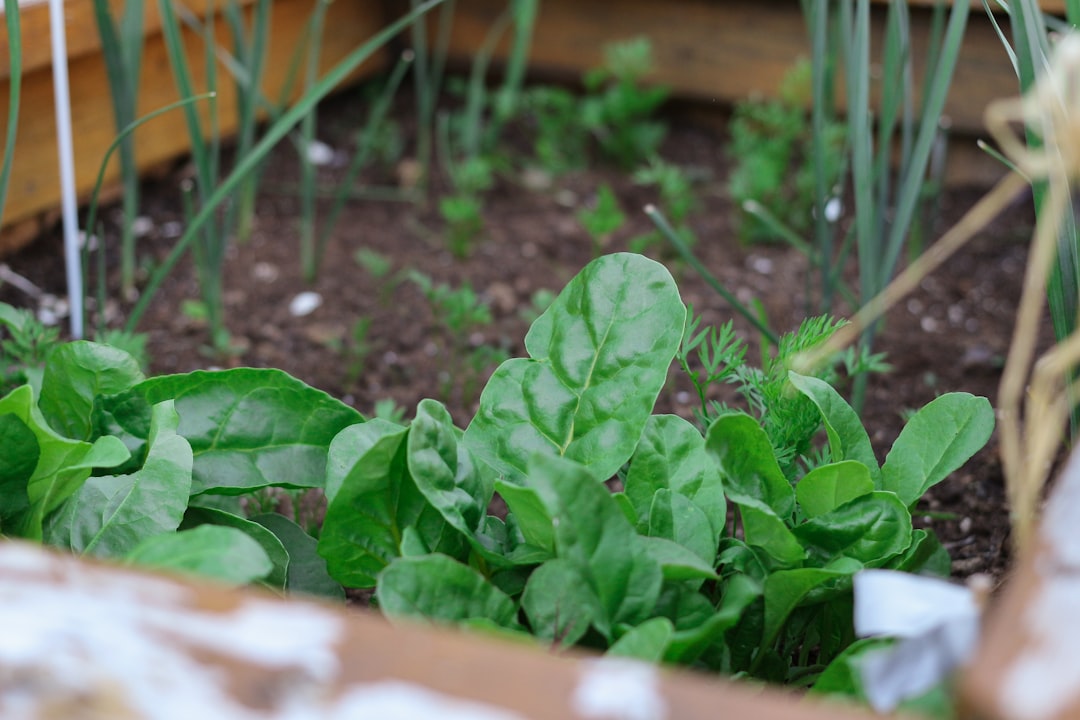In a world that’s increasingly urbanized and fast-paced, the simple act of growing your own vegetables is like a breath of fresh air—a reconnection to nature and the rhythm of life. Whether you live in a small apartment in Tokyo, a sprawling farm in Iowa, or a suburban home in Tehran, cultivating your own garden offers countless joys and benefits.
1. Health: Freshness at Your Fingertips
When you grow your own vegetables, you’re in complete control of the process. This means no harmful pesticides or questionable fertilizers—just fresh, organic produce straight from your garden to your plate. Homegrown vegetables are packed with nutrients because they’re consumed soon after harvest, unlike store-bought options that lose nutritional value during transportation and storage.
Imagine picking a ripe tomato still warm from the sun, or snipping crisp spinach leaves for your salad. The vitamins and minerals in freshly harvested produce are unparalleled, boosting immunity and promoting overall well-being. Gardening also encourages healthier eating habits; when you grow it yourself, you’re more likely to consume more vegetables daily.
2. Cost Savings: A Penny Saved is a Penny Earned
Food costs are rising worldwide, and many households are feeling the pinch. Growing your own vegetables can significantly reduce your grocery bill. A single packet of seeds costs less than a bunch of spinach from the supermarket and can yield a season’s worth of produce.
From leafy greens to root vegetables, home gardening minimizes dependency on store-bought goods. In urban areas, where fresh produce can be pricey, container gardening or small raised beds offer affordable alternatives. Families in rural and suburban areas with more land can cultivate enough to preserve or share with others, creating a sustainable and cost-effective food system.
3. Connection to Nature: A Balm for the Soul
Amid the stress of modern life, gardening is a form of therapy. Studies show that spending time in nature reduces stress, anxiety, and depression. The act of planting seeds, nurturing them, and watching them grow is incredibly grounding.
Gardening connects us to the earth in a way few other activities can. It helps us understand the cycles of nature, the importance of soil health, and the role pollinators like bees and butterflies play in our ecosystem. For families, it’s a fantastic way to teach children about where food comes from and instill a lifelong respect for the environment.
4. A Global Perspective: Cultures United by Gardening
Gardening is a universal language. From the terrace gardens of Italy to the allotments of England, the community farms of India, and the backyard patches in the United States, people everywhere find joy in growing their own food.
Each culture has its unique gardening traditions—whether it’s the ancient practice of hydroponics in China or the traditional "kitchen gardens" of Africa. Sharing seeds, recipes, and gardening techniques fosters a sense of global unity and mutual respect.
5. Small Steps, Big Rewards
You don’t need acres of land to start growing your own vegetables. A sunny windowsill is enough for herbs like basil and parsley. Balconies can house pots of tomatoes, peppers, or even zucchinis. If you’re fortunate to have a yard, raised beds or in-ground gardens offer endless possibilities.
The rewards are immediate and long-lasting. The satisfaction of tasting something you grew yourself, the peace of mind knowing what’s in your food, and the joy of sharing your harvest with loved ones—these experiences are priceless.
Final Thoughts
Growing your own vegetables isn’t just about food; it’s about creating a lifestyle that values health, sustainability, and connection. In every seed you plant, you sow the promise of a better future—one that nourishes not just the body, but the mind and soul as well.
Whether you’re a seasoned gardener or just starting, the journey is worth it. So grab a trowel, plant a seed, and join the global community of gardeners transforming their lives and the world, one vegetable at a time.

Comments
No comments yet. Be the first to comment!
You must be logged in to comment. Login